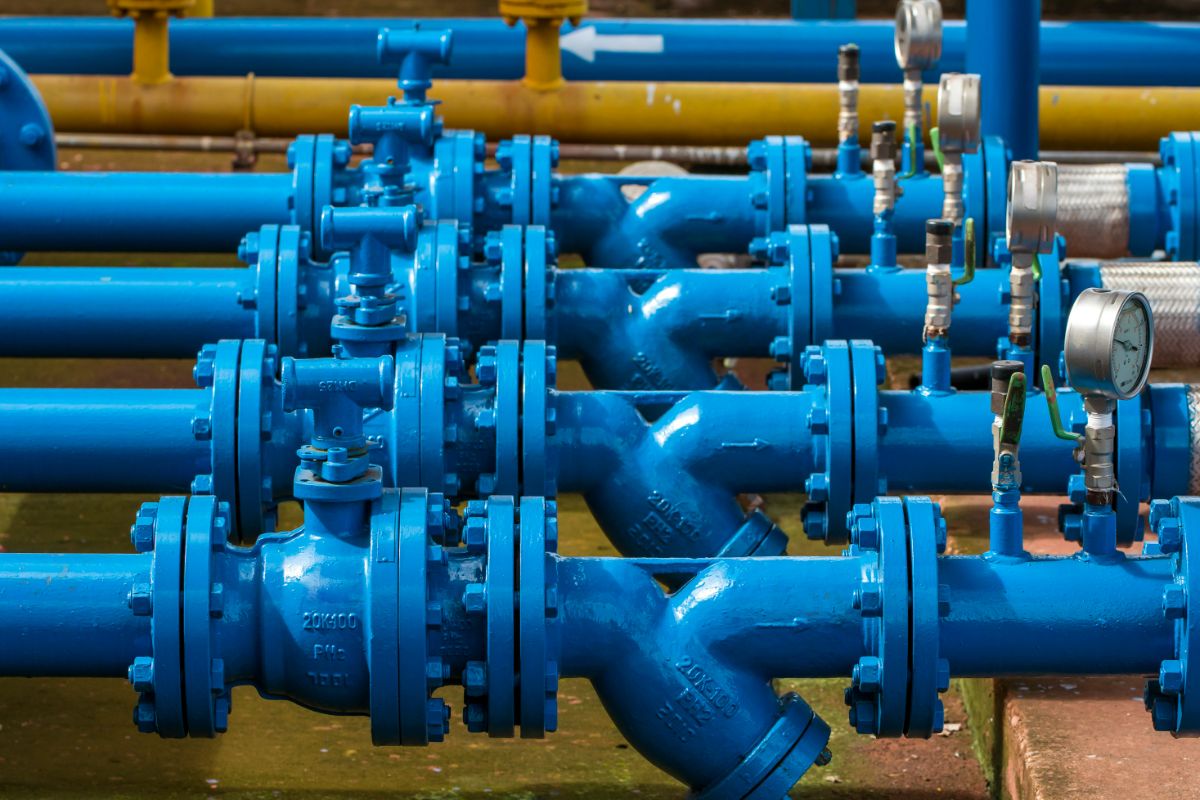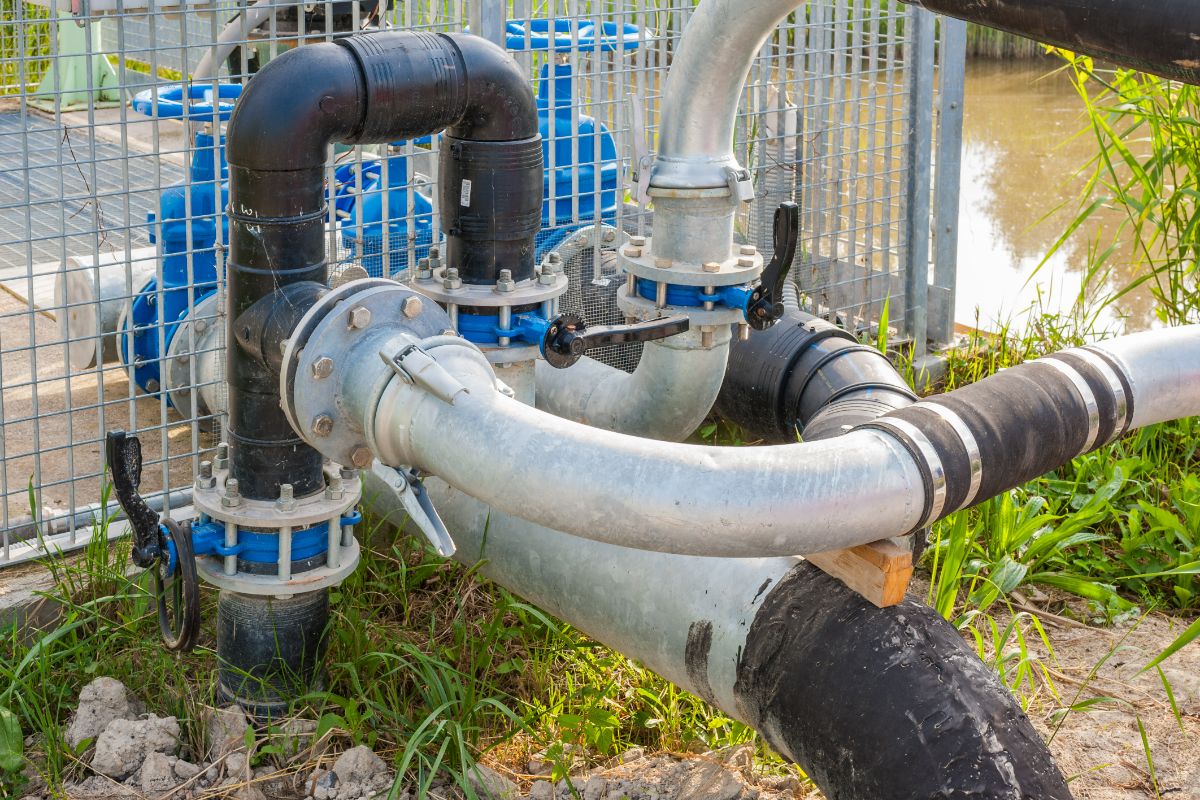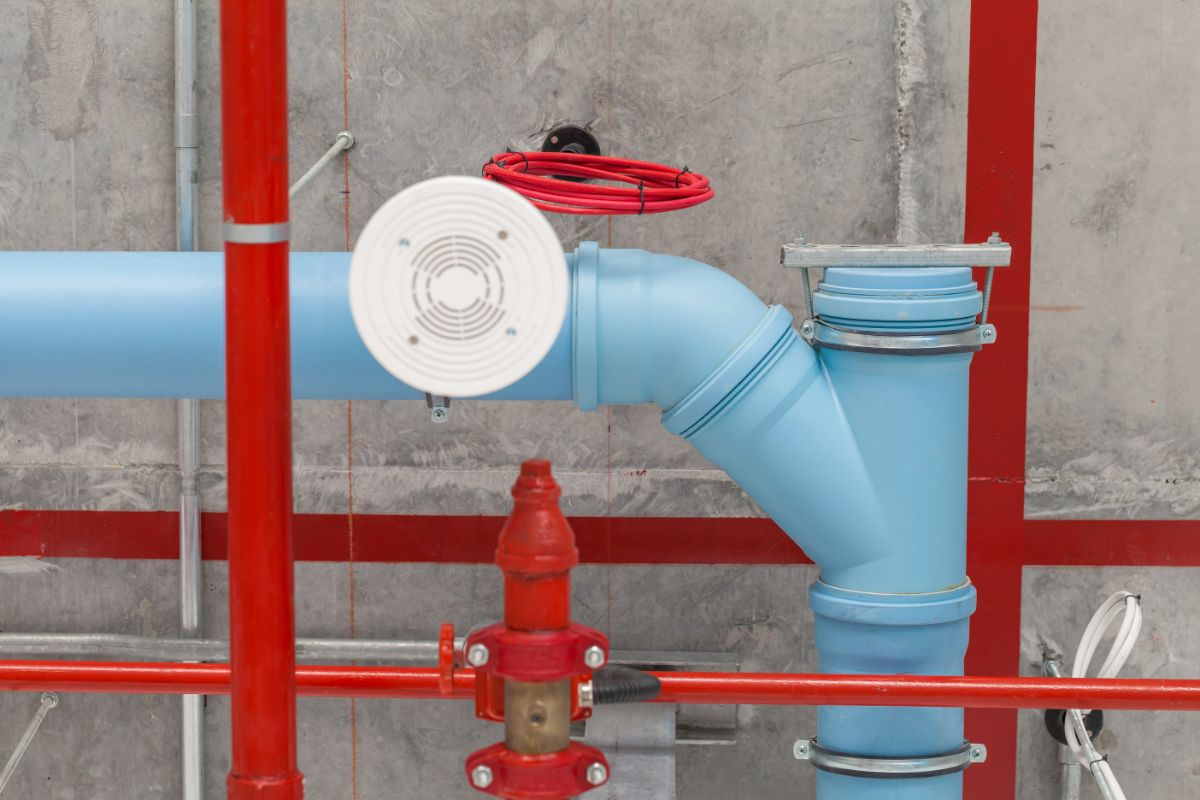
The Diverse Uses of Water Pipes
What are the diverse uses of water pipes?
- Delivering clean drinking water
- Sanitary waste disposal
- Irrigation and agriculture
- Industrial processes
- Fire suppression
Overview
- Beyond the familiar role of delivering water to our taps, water pipes serve several functions, playing an important role in various aspects of our lives.
- Investing in the maintenance and improvement of these essential systems not only ensures the continuous delivery of vital resources but also fosters a safer and healthier environment for all.
Water pipes are often viewed as a channel for delivering water to our homes and businesses, but their versatility extends far beyond this fundamental role. They serve a diverse array of applications, ranging from fire suppression systems to sanitary waste disposal.
In the Philippines, where rapid urbanization and development are driving the need for reliable solutions, having a reliable source for your water pipes is important.
Let’s explore the diverse uses of water pipes, highlighting the importance of investing in top-quality pipes to meet the nation’s evolving needs.
Delivering Clean Drinking Water
Water pipes serve a diverse range of functions. Delivering clean drinking water is the most important among them.
They ensure the safe transportation of water from its source to homes, businesses, and communities. This infrastructure is vital for public health, as access to clean drinking water is essential for hydration, sanitation, and overall well-being.
The pipes used for delivering clean water are often made of copper, PVC, or galvanized steel, designed to resist corrosion and contamination. They are laid underground or within structures to protect them from external elements and potential damage, ensuring the integrity of the water supply system.
Also, water pipes facilitate the distribution of treated water to remove impurities and harmful substances. This process involves infiltration and disinfection depending on local regulations and water quality standards.
Sanitary Waste Disposal

Beyond delivering clean water, a vital network of pipes carries away wastewater from our homes and public facilities. This intricate system efficiently transports sanitary waste from toilets, sinks, and other fixtures to dedicated treatment facilities.
The use of water pipes for sanitary waste disposal provides a convenient and efficient means of removing waste, preventing the accumulation of harmful bacteria and pathogens that can lead to the spread of diseases. It also helps maintain cleanliness and sanitation standards in urban environments, contributing to overall public health and well-being.
Irrigation and Agriculture
Water pipes provide reliable transportation of water from sources, such as rivers, lakes, and reservoirs to agricultural fields. This ensures that crops receive an adequate supply of water, which is essential for their growth and productivity, especially in areas with limited rainfall or unreliable water sources.
It also allows for the distribution of water to specific areas within the field, enabling a precise irrigation method, such as drip or sprinkler irrigation. This not only conserves water by minimizing wastage but also facilitates the delivery of nutrients and fertilizers directly to the plants.
Moreover, water pipes can also be used to deliver reclaimed or treated wastewater for agricultural purposes, reducing the strain on freshwater resources and providing a sustainable solution for irrigation.
Industrial Processes

One primary function of water pipes is transporting water to cool machinery, guaranteeing optimal operating temperatures and preventing overheating. It also facilitates the transfer of fluid for various purposes like cleaning, lubrication, and material handling within industrial facilities.
In manufacturing, these pipes are integral for processes, such as quenching hot metals to enhance their property. The controlled flow of water through the pipes allows precise temperature regulation, which is pivotal for achieving desired material characteristics. It is also employed for mixing and taking chemicals, contributing to the mixture of products across industries like pharmaceuticals and petrochemicals.
Beyond production processes, water pipes also play a role in waste management within industrial settings. They enable the efficient disposal of liquids generated during manufacturing, contributing to environmental sustainability.
Fire Suppression
Water is an excellent extinguishing agent for most types of fires, as it cools the burning material and absorbs the heat. Water pipes are already installed in most buildings for plumbing purposes, making them readily available for use in fire suppression systems.
Since these pipes are versatile, they can be easily integrated into various types of fire suppression systems, such as sprinkler systems or fire hydrants. Sprinkler systems are connected to water pipes and automatically activate when a fire is detected, releasing water to control or extinguish the flames. Fire hydrants, on the other hand, are connected to municipal water mains, providing a large volume of water for firefighting purposes.
Water pipes are cost-effective compared to other fire suppression methods like chemical extinguishers or gas-based systems. They require minimal maintenance and can provide reliable help for many years.
Key Takeaway
From delivering clean drinking water to safeguarding against fire hazards, this pipe plays a vital role in our communities. The diverse uses of water pipes underscore the necessity of a strong and well-maintained infrastructure. By prioritizing proper upkeep and investment in these systems, we ensure the continued flow of life-sustaining resources and contribute to a safer, healthier environment for everyone.
Looking for a reliable water pipe solution? Elevate your project with Supreme Steel Pipe Corporation. We provide exceptional value and unmatched expertise. Contact us today and experience the difference.


